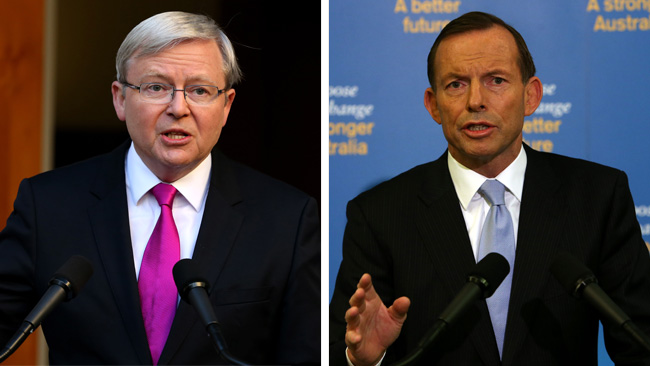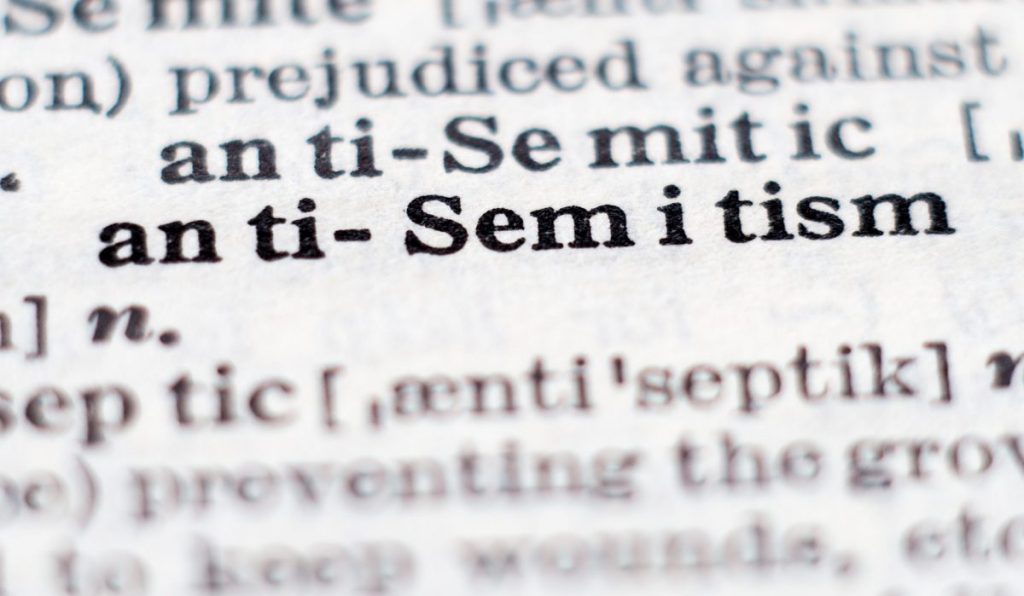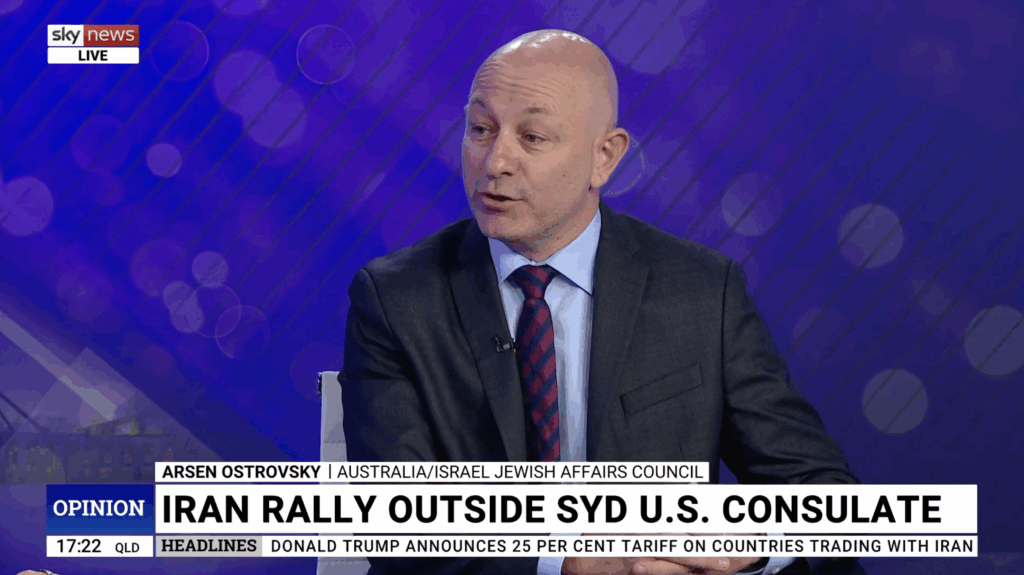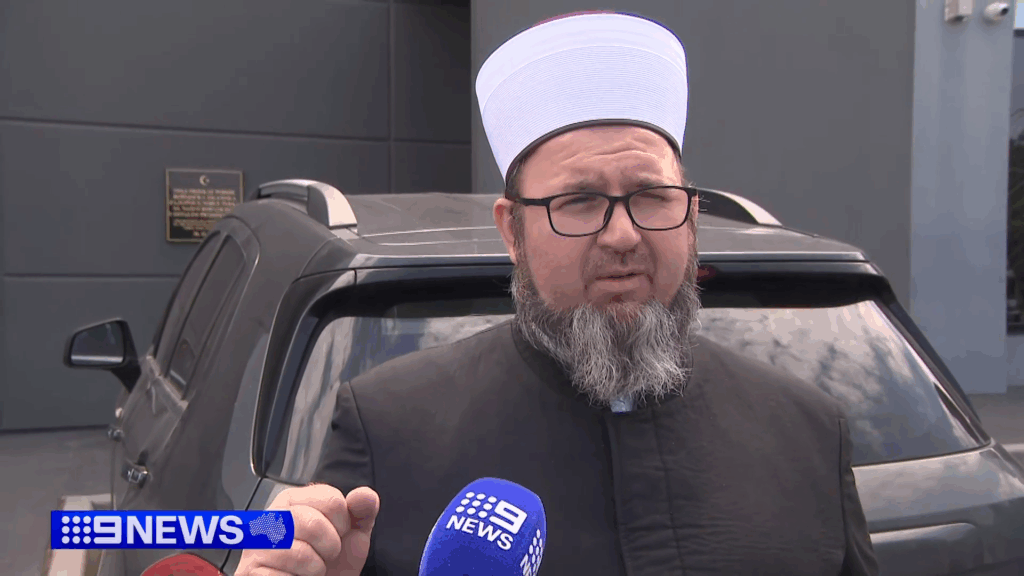IN THE MEDIA
ALP, Coalition offer answers to key policy question for the Jewish Community
August 29, 2013 | Sharyn Mittelman

Sharyn Mittelman
Australian Jewish News – August 30, 2013
The campaign teams of Prime Minister Kevin Rudd and Opposition Leader Tony Abbott revealed some significant differences on aspects of both Middle East and domestic policies in their answers to ten policy questions posed them by the Australia/Israel & Jewish Affairs Council (AIJAC).
The questions and answers – published in the September edition of the Australia/Israel Review – deal with Israel and the peace process, communal education, counter-terrorism and communal security, the Iranian nuclear crisis, racial hatred laws and other issues.
Both major parties expressed strong support for Australia’s relationship with the State of Israel. The ALP stated, “As a nation with shared values Israel is a natural ally of Australia.” The Coalition said it is committed to Israel’s security due to shared democratic values and emphasised “the Coalition’s recognition that Israel is under existential threat in a way that almost no other country in the world is.”
While both parties supported efforts to further economic cooperation, the Coalition also announced a new commitment to add Israel to the list of countries whose citizens can access virtually instant electronic visas for short-term visits to Australia.
Both parties committed to support a negotiated two-state outcome but the Coalition criticised the ALP government’s actions on this issue, especially the decision to abstain last year on a UN vote to upgrade the status of Palestine at the General Assembly.
There were also clear differences regarding responses to the Boycott, Divestment and Sanctions (BDS) campaign against Israel. The Coalition said it would institute a new policy to guarantee that “no grants of taxpayers’ funds are provided to individuals or organisations which actively support the BDS campaign.” The ALP said while it “strongly opposes and publicly condemns” the BDS campaign, it would not ban funding to pro-BDS organisations – arguing this would amount to a “collective sanction… that would be akin to the BDS program itself.”
The ALP and the Coalition stressed that it was important Iran should be prevented from gaining nuclear weapons, with the ALP highlighting various new sanctions on Iran it has enacted, and the Coalition criticising the ALP for its decision to send Special Envoys to Iran to “woo votes for its UN Security Council bid” at a meeting of the Non-Aligned Movement in 2012.
On domestic issues, the most contentious was the future of section 18C of the Racial Discrimination Act 1975, which provides sanctions against public racial vilification. The ALP stated that it “strongly believes in the continued need for anti-discrimination laws, including laws that prohibit racial hatred in Australia.” The ALP noted that 18C had been used to protect against Holocaust denial, and is consistent with the objectives of the London Declaration on Combating AntiSemitism, signed by the leaders of both major parties. In contrast, the Coalition said that it views section 18C as “a threat to free speech in Australia.” However, for the first time, the Coalition made a public commitment that “Any changes we make to the law would not give license to Holocaust deniers.”
On education funding and its effects on Jewish schools, the ALP promised that the “Better Schools Plan will deliver more than $1 billion additional funding for Australia’s independent schools, including Jewish schools” if the states and territories sign up to their plan. The Coalition promised that under their education policy “no Jewish school will be worse off in real terms.”
Regarding security costs for schools and other communal institutions, the ALP highlighted the “Secure Schools Program” it created in 2007 to help meet the security needs of schools at risk and the $35 million it had allocated to the program to date. The ALP also said it was changing funding eligibility to allow for “the provision of security guards for the first time.” For its part, the Coalition said that it “has announced a ‘Safer Streets, Safer Suburbs’ plan ($50 million over four years) that could be used to assist the Jewish community” and “has committed $18 million over three years to the Secure Schools program which, for the first time, includes a component towards the cost of security guards.”
The Coalition favoured a ban on the extremist Islamist organisation Hizb Ut-Tahrir and would “seek fresh advice from ASIO on whether there is a case for banning Hamas and Hezbollah in their entirety – not just their external military wings as is currently the case in Australia.” The ALP noted that it had relisted Hezbollah’s External Security Organisation as a terrorist organisation under the Criminal Code, and that Hezbollah is listed in its entirety under the Charter of the United Nations Act 1945.
View the ALP and Coalition’s complete answers – www.aijac.org.au/news/article/the-face-off
Tags: Australasia





